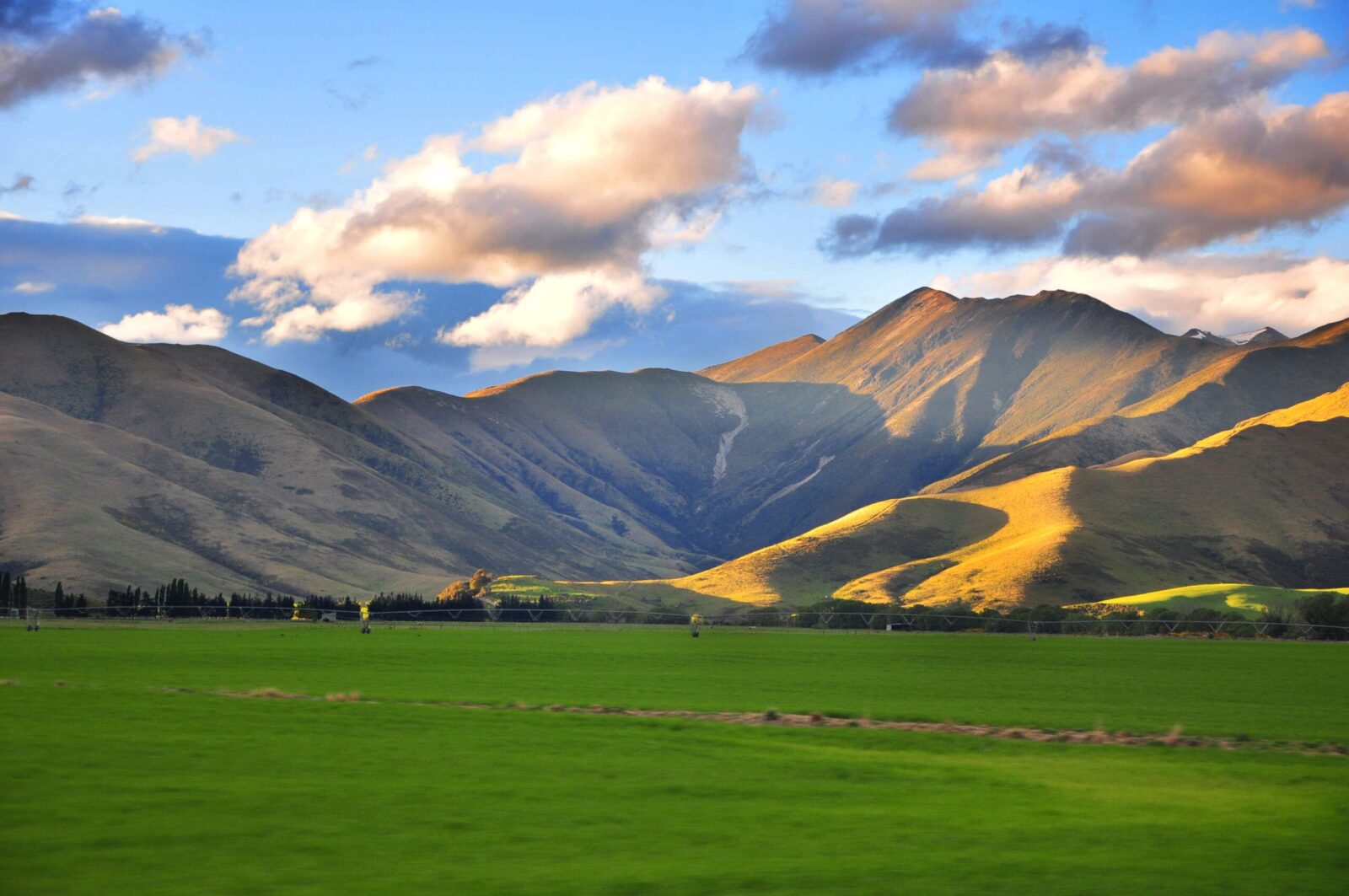Protecting forests and biodiversity

Forest is an essential ecosystem that offers a multitude of environmental, economic and societal services. This ecosystem helps to maintain biodiversity, regulate the climate and producing clean air. It is an essential agent for water and soil purification, as well as for the retention and replenishment of water resources. Currently, forests are disappearing and degrading at an alarming rate across the globe.
Depending on the region, multiple factors cause deforestation. However, agriculture remains the main driver of deforestation on a global scale. Almost 40% of deforestation in the world is linked to the agricultural production, in particular the cultivation of soybeans, palm oil, cocoa, coffee, wood-based products and cattle farming.
For the smooth running of its operations, Lactalis depends not only on the services that forests can provide, but also on the supply of these raw materials. Thus, the protection of forests is imperative to ensure the long-term success of the company.
Lactalis committed to putting an end to the deforestation caused by the use of the main agricultural raw materials associated with the loss of forest area, i.e. soybeans, palm oil, virgin paper, firewood, coffee and cocoa, by the end of 2025.
Lactalis’ policy covers the entire Lactalis value chain, i.e. both the direct and indirect impact of the group.
Our commitments:
-
PURCHASING AND AGROSUPPLY PALM OIL / SOY / PAPER / TIMBER / COFFEE / CACAO By the end of 2025, 100% of the volumes of these commodities used directly by Lactalis will not contribute to deforestation.
-
MILK SUPPLY MILK SUPPLY PALM OIL / SOY IN FEED By the end of 2025, we will work with our partnering farmers to encourage them to use feed that does not contribute to deforestation. By the end of 2025, 100% of the direct volumes of milk collected by the group will be assessed with regard to the risks of deforestation for soy and palm oil and their derivatives in animal feed;
*EU, Australia, Brazil, United-Kingdom & USA


